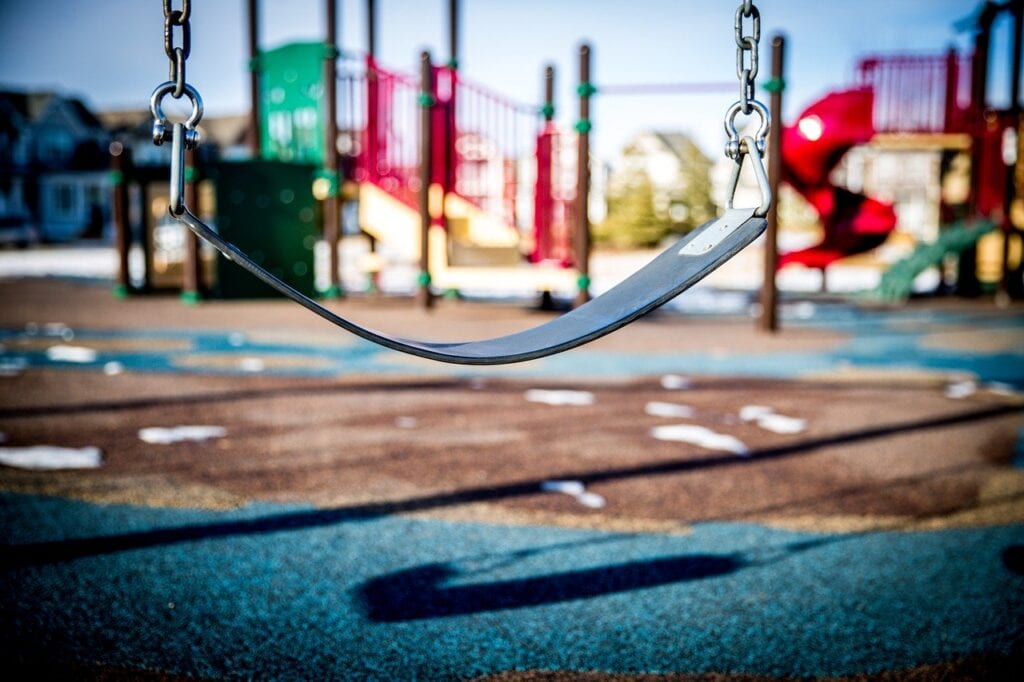Victoria Acosta has always been an active child. The bubbly two-year-old, who currently lives in Tennessee, is described by her mother Andrea Rocha as constantly moving. However, it can be difficult for Victoria to get out-and-about, running off her energy, because she has a rare disorder called Langerhans cell histiocytosis (LCH). Due to her condition, as well as the fact that she is currently undergoing treatment, Victoria is unable to visit the playground or other areas. Doing so might get her immensely sick.
According to WVLT8, the Roc Solid Foundation, a 501(c)(3) organization that aids children with cancer through the power of play, learned of Victoria’s story and decided to make a change. Along with a comforting and supportive letter to the family, the Foundation helped to deliver a free playset to the family home. Now, Victoria will be able to stay at home but also work some of her energy out. And if you ask what she’s most excited about? The answer is the swing. After all, who doesn’t love that freedom?
About Langerhans Cell Histiocytosis (LCH)
Langerhans cell histiocytosis (LCH) is a rare inflammatory disorder that may damage tissue or cause lesions to form throughout the body. Altogether, the exact cause of LCH is unknown. Some hypothesize that it is triggered by gene mutations in the MAPKinase pathway, an unusual immune reaction to an environmental trigger, or smoking. The disorder is characterized by excessive Langerhans cells or histiocytes, which multiply and accumulate in the body. As these cells accumulate, granulomas (tumors) form. Langerhans cell histiocytosis is most common in children, though it can affect adults as well.
Langerhans cell histiocytosis is considered to be a variable disease. Symptoms may vary in severity, as well as depending on which areas of the body are affected (ex: spleen, liver, thymus, lymph nodes, skin, bone, etc.). Potential symptoms can (but do not always) include:
- Swollen lymph nodes
- Bulging eyes
- Jaundice (yellowing of the skin, eyes, and mucous membranes)
- Red, scaly papules on the skin
- Failure to thrive
- Unintended weight loss
- Abdominal pain
- Delayed puberty
- Fever
- Bone pain
- Altered central nervous system (CNS) hormonal function







